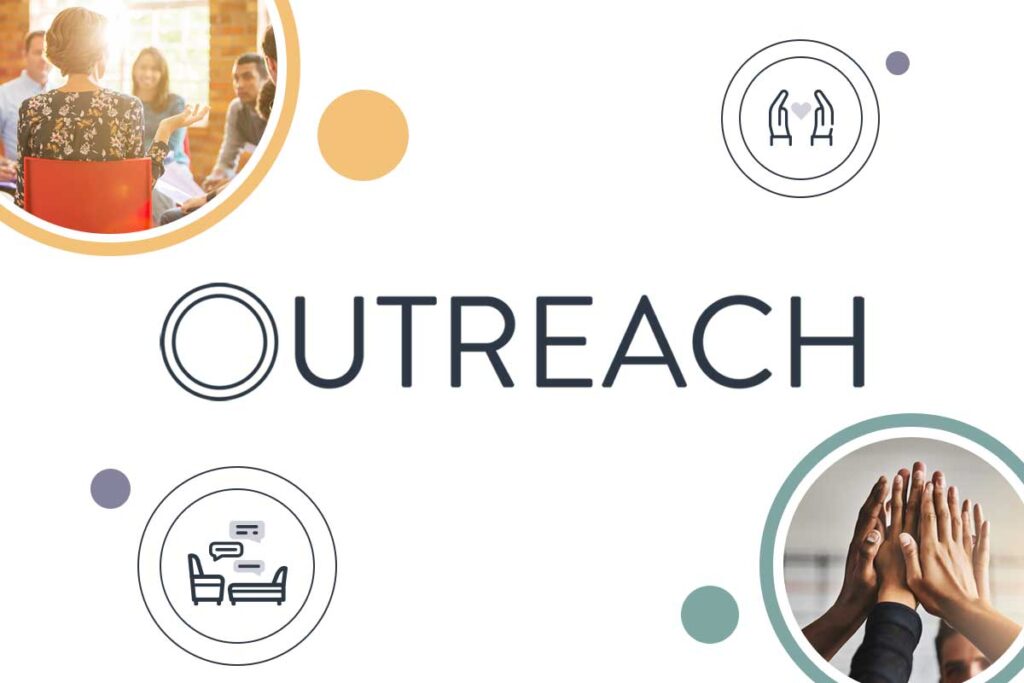Substance abuse affects over nine million Americans or about four percent of the population. The treatment for each one of those individuals is slightly different since there’s no single way to overcome addiction. One of the best ways to find the best path toward recovery is working with a care provider with comprehensive services, including primary care, psychiatric evaluations, medication management, and mental health counseling.
If you’re looking for a new treatment plan for substance abuse, here are a few reasons to look into medication.
What does treatment for drug addiction include?
Substance abuse is generally classified as a chronic compulsion to use drugs, despite harmful consequences to a person’s brain, body, personal life, or work. There’s no single treatment for substance abuse because everyone has a different relationship to their addiction.
Recovery includes stopping the use of drugs and substances, staying substance-free, and being present in life at work, in relationships, and with family.
Treatment usually includes many different facets because there’s no single reason people develop substance abuse disorder. Most people use counseling or psychotherapy, support groups, and medication.
What are the medications used for substance abuse treatment?
Just like there isn’t a single treatment that applies to everyone dealing with addiction, there’s no single medication to take. Like any illness, the prescribed medication is selected based on the source and the symptoms. There are several different medications that doctors or psychologists might prescribe for an individual.
- Buprenorphine: prescribed for opioid addiction; this medication lessens withdrawal symptoms and craving
- Vivitrol: is also used for opioid addiction to treat withdrawal and cravings
- Naltrexone: blocks receptors in the brain to prevent the effects of opioids but is only appropriate post-detox
- Acamprosate: can improve long-term alcohol withdrawal symptoms such as insomnia and anxiety
- Disulfiram: interferes with the breakdown of alcohol in the body, leading to nausea if someone drinks, which can help prevent relapse
Medication is just one aspect of a treatment plan and isn’t an instant cure. However, patients can work towards a sturdier recovery with the right medication.
What are the benefits of medication for treatment?
It’s rare for someone to go through withdrawal and stay in recovery without a comprehensive treatment plan. Not everyone chooses to use medication in recovery. Still, if someone has struggled to maintain sobriety, medication can help eliminate some of the burdens of substance abuse.
Avoid the worst parts of withdrawal.
Often, avoiding withdrawal keeps many people using even after they want to stop. Medication mitigates the worst symptoms of withdrawal to feel healthier and more capable as you move into recovery.
Reduce cravings.
Even when someone focuses on recovery and staying sober, the brain’s chemistry can create a substance dependence that can derail progress. Medication solves the worst cravings for many people so they can focus on the other aspects of their treatment plan rather than just avoiding using.
Treat co-occurring conditions.
There are often mental health issues alongside substance abuse, such as anxiety and depression. Using safe, prescribed medication for those co-occurring conditions can often eliminate one of the reasons people feel reliant on substances.
Outreach Recovery provides services in Fredericksburg, including substance abuse treatment and addiction recovery.
Our mission is to provide the best comprehensive care in Fredericksburg. We’re a dedicated team of medical, addiction, and mental health specialists using everything at our disposal to help our patients feel better. When you’re ready to address your mental health and overcome addiction, we have the team to diagnose and develop a treatment plan that will work for your unique needs.
Book an appointment with Outreach Recovery for substance abuse treatment in Fredericksburg, Virginia.

